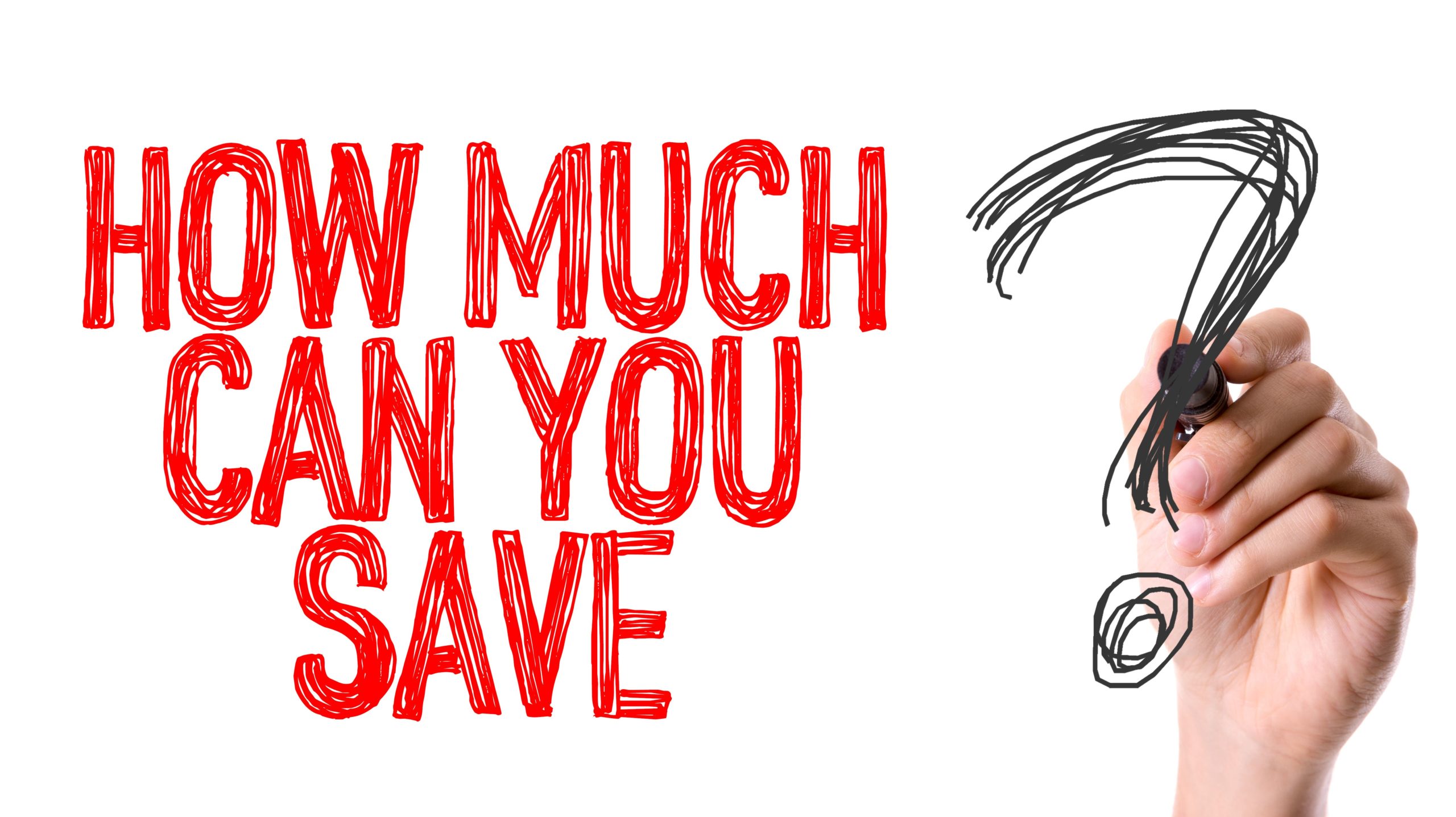
An IVA usually relies on you on making monthly payments towards your debts. If you go bankrupt monthly payments may also be required. So which are lower?
Included in this article:
- Are IVA payments lower than bankruptcy payments?
- How are both types of payments calculated?
- Why pay an IVA for 5 years rather than go bankrupt?
Rather speak to someone about which option is right for you? Call 0800 077 6180 or fill in the form below and we’ll call you
Are IVA or bankruptcy payments lower?
When you start an IVA you will normally have to make monthly payments towards your debts for 5-6 years. These are based on your surplus income. Bankruptcy also requires to you pay any surplus income you have towards your debt. However the payments will only last 3 years.
That said you may have heard that the payments you have to make in bankruptcy will be higher and in an IVA. So even though it lasts longer an IVA will be easier and you will end up paying less overall.
In fact this is totally untrue. Whether you do an IVA or go bankrupt your surplus income is calculated in a similar way. It therefore follows that the amount you have to pay will be the same which ever solution you choose.
It is not true that monthly debt payments after you go bankrupt are higher than if you pay an IVA. They are calculated in the same way.
How are IVA and bankruptcy payments calculated?
Whether or not you start an IVA or go bankrupt the amount you pay each month is calculated by deducting your reasonable living expenses from your income. 100% of the surplus that is left has to be paid towards your debt.
You might believe that if you go bankrupt the living expenses allowances you are allowed are somehow less generous than if you do an IVA. This is incorrect. The official receiver uses similar expenses guidelines as IVA companies. As a result the payments in both solutions should be exactly the same.
In fact it is more likely that you will be allowed a more generous living expenses budget if you go bankrupt. Unlike an IVA, bankruptcy does not rely on monthly payments. The official receiver can allow you to spend more in certain areas of your budget without having to worry that the Arrangement will not work or the creditors will not agree. This means payments in bankruptcy are often lower than in an IVA.
If you go bankrupt the monthly payments you will have to make towards your debt are likely to be less than if you do an IVA. They will also last for less time.
Why pay an IVA for 5 years rather than go bankrupt?
Given your monthly payments are likely to be less than an IVA if you go bankrupt and last for just 3 years, why would anyone consider an IVA? The reason is that bankruptcy is not suitable for everyone.
First and foremost if you are a home owner your property may be at risk if you go bankrupt. Where you have equity this can be better protected with an IVA. So yes, you will have to pay more for longer. But at the end of the Arrangement you will still have your house.
There may be other reasons why you want to avoid going bankrupt. Perhaps you are a company director or have another type of job that could be affected. Alternatively you may own an expensive car that could be at risk. An IVA will allow you to avoid these issues..
We can help you decide whether an IVA or bankruptcy will be best for you. Call 0800 077 6180 or complete the form below and we’ll get back to you.
Arrange a call with a Debt Management Expert
Privacy Policy
Your information will be held in strictest confidence and used to contact you by our internal team only. We will never share your details with any third party without your permission.


